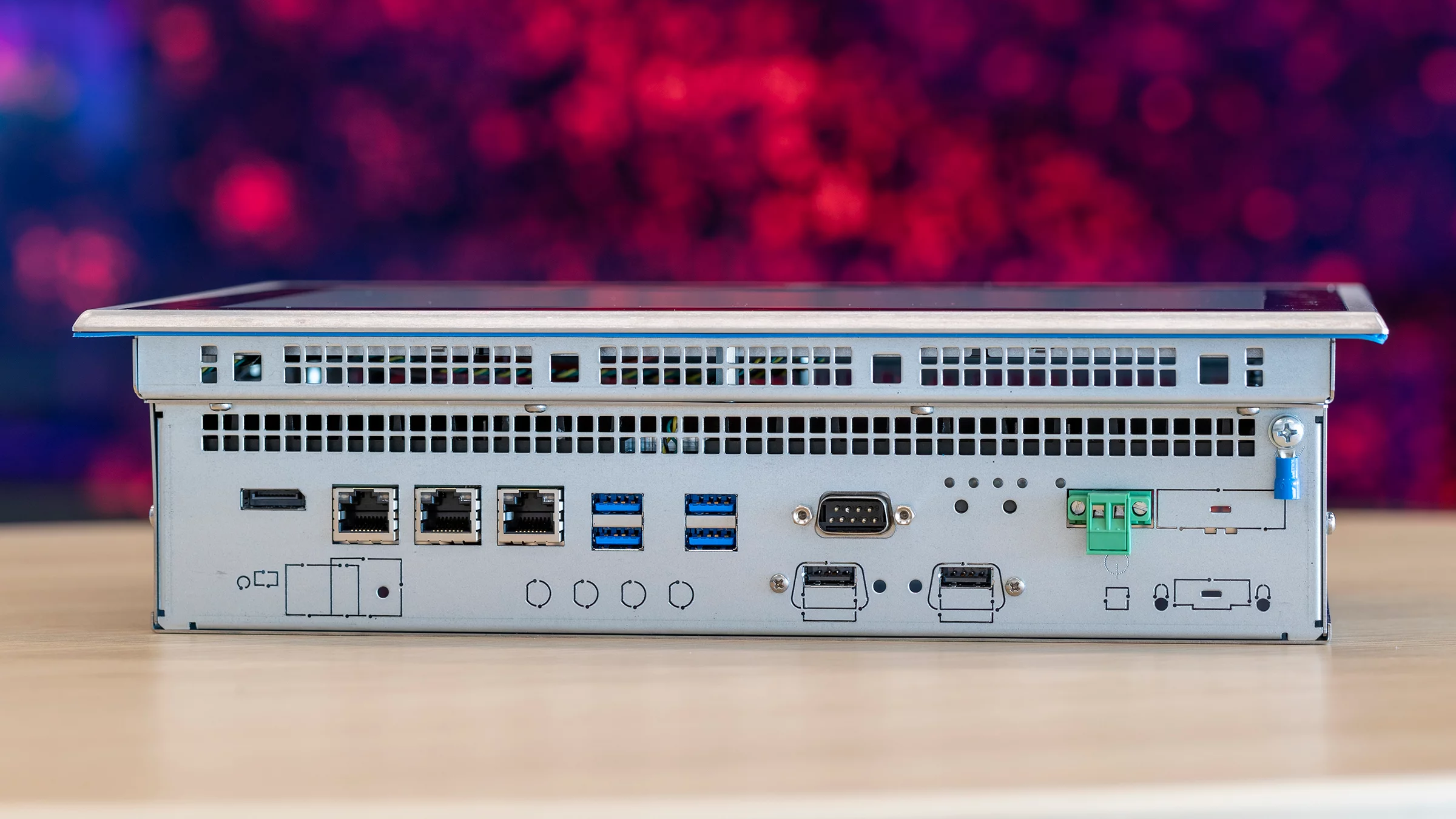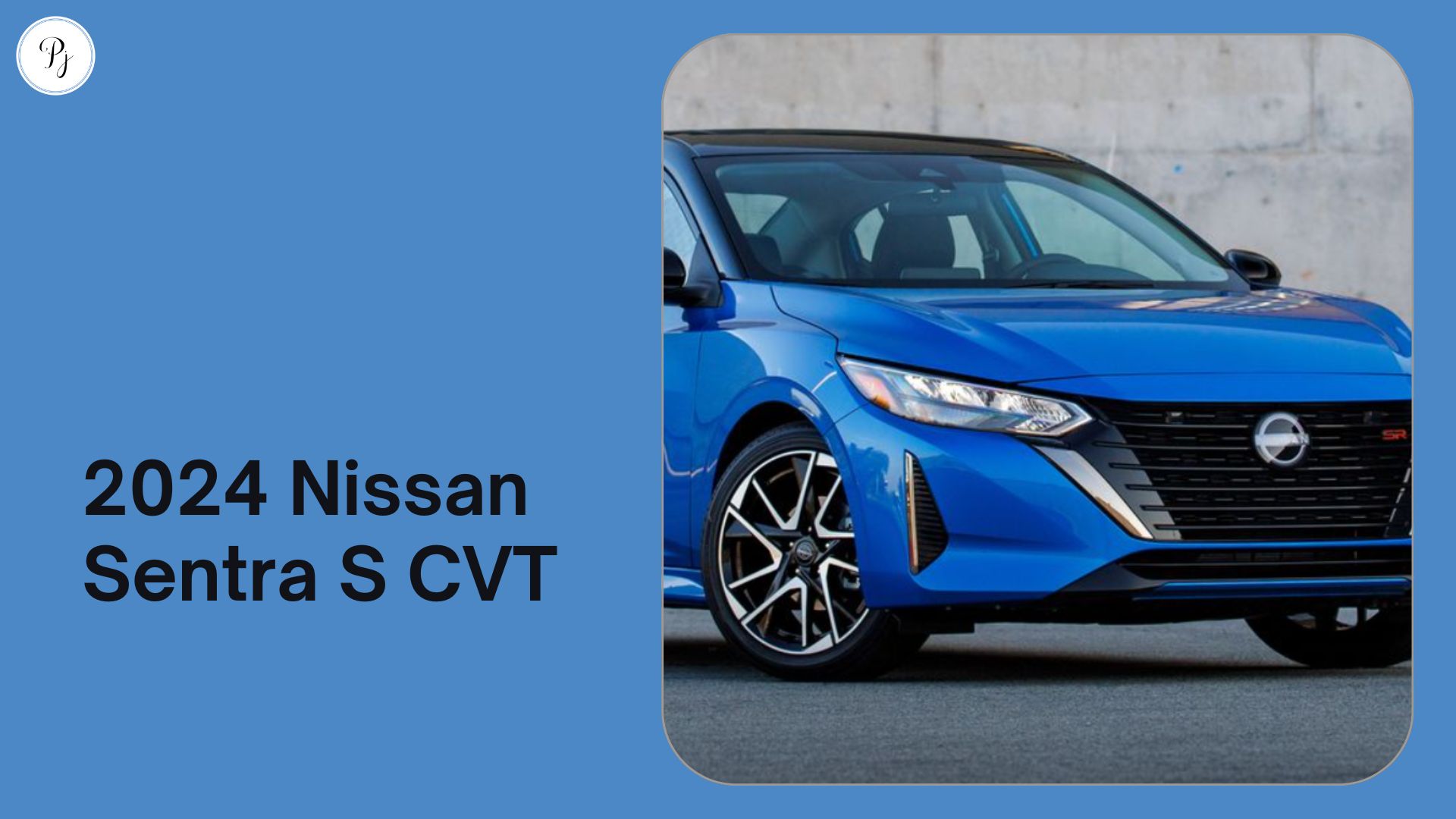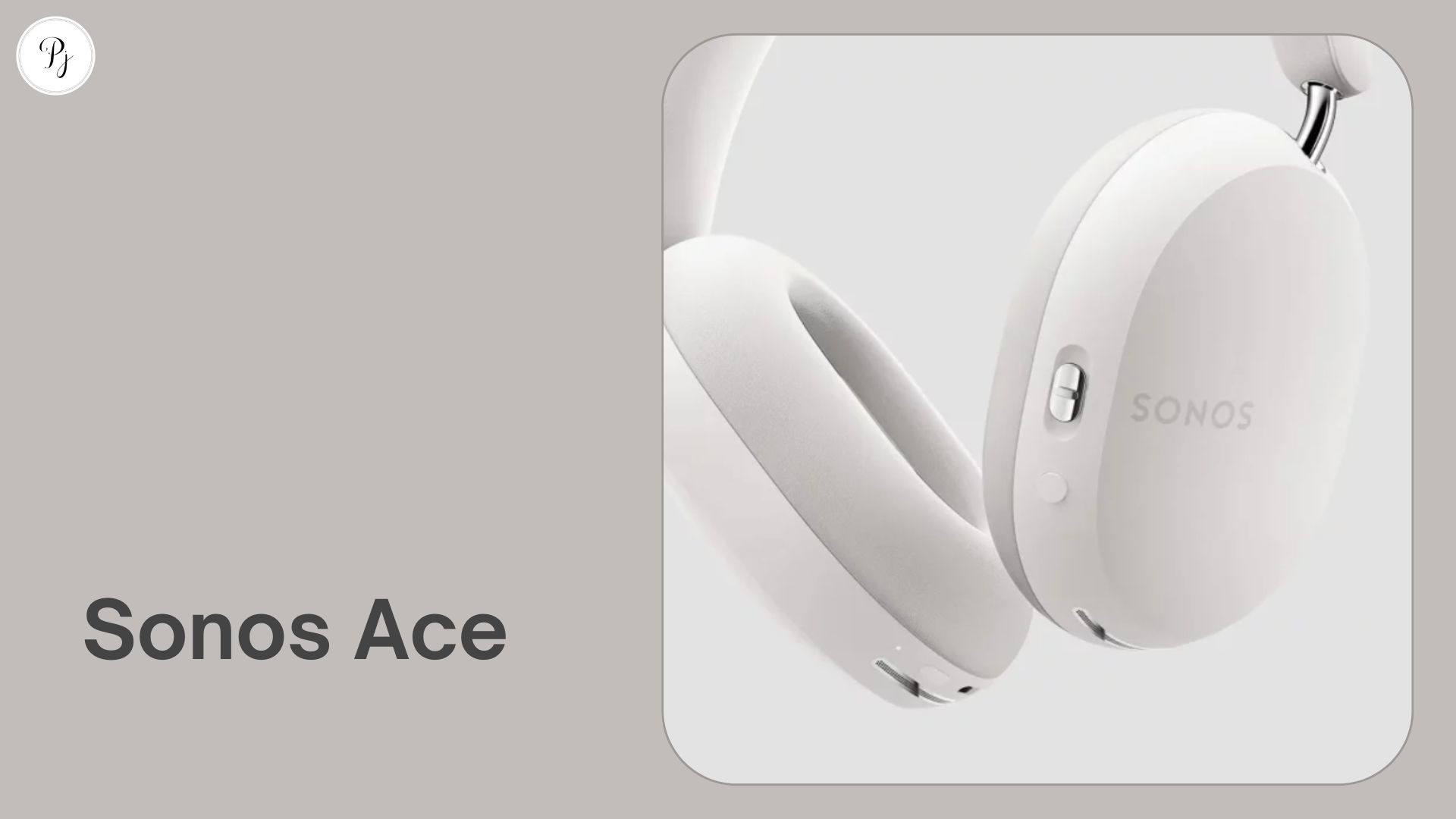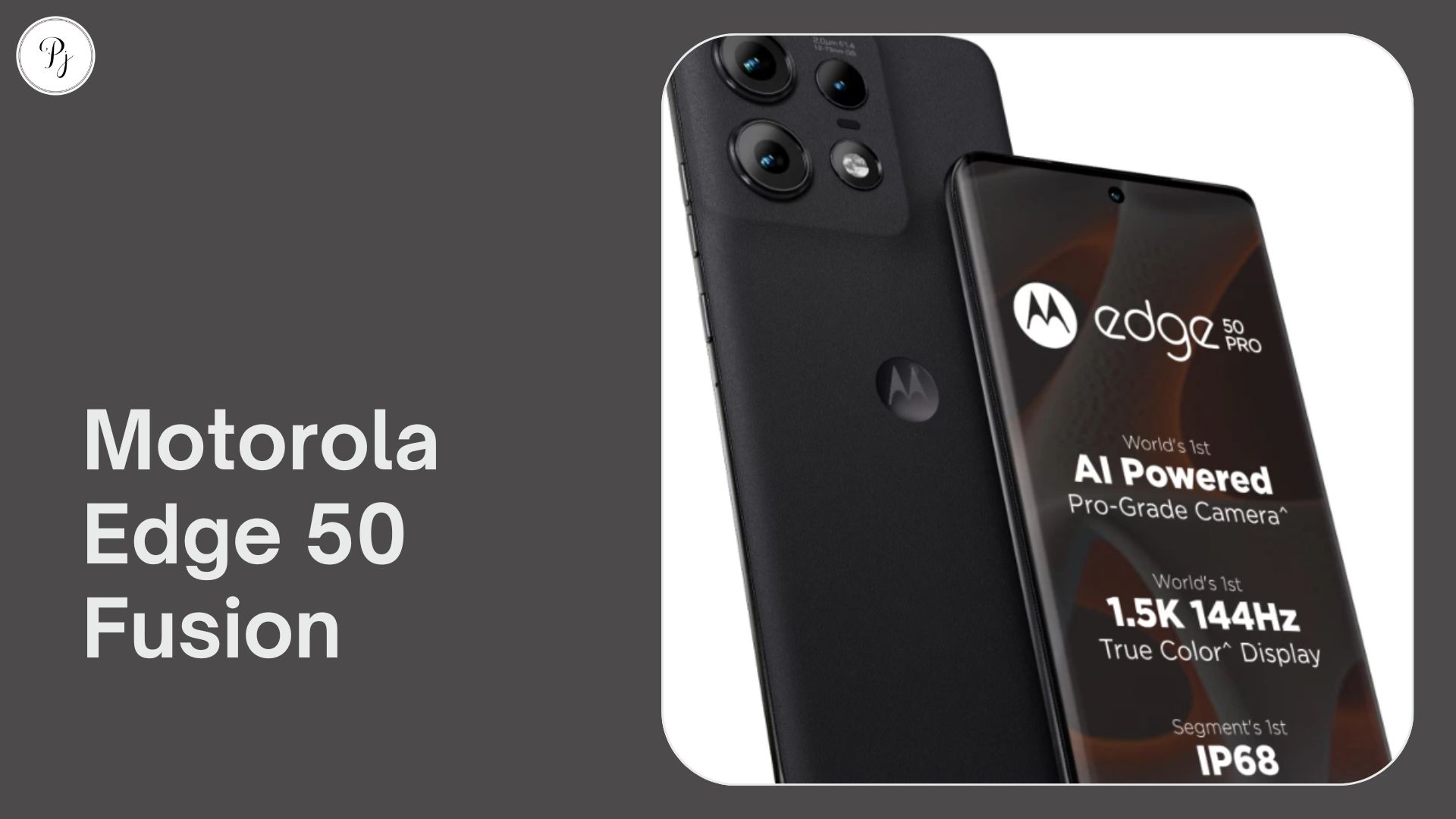Are you looking for a computer that can handle various industrial tasks, such as data acquisition, process control, machine operation, and human-machine interface? If yes, then you might want to consider a panel PC.
A panel PC is a type of computer that combines a touchscreen display and a PC system in a single unit. It is specially designed to withstand harsh industrial environments, such as dust, moisture, vibration, and extreme temperatures.
In this article, we will introduce you to the benefits, types, and latest trends of panel PCs. We will also show you some of the latest products that you can find in the market. By the end of this article, you will have a better understanding of why a panel PC is a smart and durable choice for your industrial applications.
What are the Benefits of Panel PC?
A panel PC offers many advantages over conventional PCs and monitors, such as:
- Space-saving: This PC eliminates the need for separate PC cases, cables, and peripherals, saving valuable space and reducing clutter.
- Easy installation: This PC can be easily mounted on a wall, a support arm, or a VESA bracket, without requiring additional hardware or tools.
- High performance: A panel PC can run powerful processors, such as Intel® Core™ i7 or Pentium® N4200, with up to 64 GB of RAM and support for multiple SSDs or HDDs. It can also support wireless connectivity, such as Wi-Fi and Bluetooth, for data transmission and remote control.
- Robustness: This PC can resist shock, vibration, corrosion, and electromagnetic interference, thanks to its rugged metal or plastic enclosure and fanless cooling system. It can also operate in a wide range of temperatures, from -20°C to 60°C, and humidity levels, from 10% to 90%.
- Touch technology: This PC can provide a user-friendly and intuitive interface, with either resistive or capacitive touch screens. Resistive touch screens are more durable and responsive to gloves, stylus, or fingers, while capacitive touch screens are more sensitive and support multi-touch gestures.
What are the Types of Panel PCs?
There are different types of panel PCs available in the market, depending on the application and the user’s needs. Some of the common types are:
| Type | Description | Example |
|---|---|---|
| General purpose | These are panel PCs that can be used for various industrial applications, such as processing, automation, and equipment integration. They feature ultra-slim metal enclosures, compact and reliable designs, and flexible I/O options. | Advantech’s General Purpose Panel PC |
| Industry oriented | These are panel PCs that are designed for specific industrial sectors, such as food and beverage, pharmaceutical, chemical, or oil and gas. They have enhanced durability and rich I/O flexibility and can meet the requirements of hygiene, safety, and explosion protection. | Phoenix Contact’s Industry Oriented Panel PC |
| Configurable | These are panel PCs that can be customized according to the user’s preferences and needs. They are compatible with mini-ITX motherboards, which provide high computing and flexible expansion for diverse industrial applications. They also allow the user to choose the display size, resolution, touch technology, and I/O ports. | Advantech’s Configurable Panel PC |
| RISC | These are panel PCs that use ARM processors, which are low-power and cost-effective, with Android or Linux operating systems. They are suitable for industrial control, processing visualization, and communication applications. They also have low maintenance and long life cycles. | Advantech’s RISC Panel PC |
What are the Latest Trends and Updates on Panel PC?
Panel PC technology is constantly evolving and improving, to meet the demands of the industrial market and the users. Some of the latest trends and updates on panel PC are:
- Intel Apollo Lake architecture: This is a new generation of Intel processors, which offer improved performance, energy efficiency, and graphics capabilities, for embedded systems. They also support DDR4 memory, USB 3.0, and 4K video output. An example of a panel PC that uses this architecture is the B&R Industrial Automation’s Panel PC 2200 multi-touch.
- ATEX/IECEx compliance: This is a certification that indicates that a panel PC can operate safely in hazardous areas, where there is a risk of explosion due to flammable gases, vapors, or dust. It also ensures that the panel PC meets the standards of quality, reliability, and durability. An example of a panel PC that has this certification is the Phoenix Contact’s VL2 PPC 9000 EX.
- Full IP65/IP69K protection: This is a rating that measures the degree of protection that a panel PC has against dust and water ingress. IP65 means that the panel PC is dust-tight and can withstand water jets from any direction, while IP69K means that the panel PC can resist high-pressure and high-temperature water jets. These ratings are important for panel PCs that are used in harsh and wet environments, such as food processing, pharmaceutical, or outdoor applications. An example of a panel PC that has this protection is the Phoenix Contact’s BL2 PPC AIO65.
What are the Latest Products on Panel PC?
If you are interested in buying a panel PC, you might want to check out some of the latest products that are available in the market. Here are some of the examples that we have found:
- HD 24T21 MMC: This is a 24-inch panel PC from Hatteland Technology, which offers a widescreen display, LED backlight, and touch screen. It is suitable for maritime applications, such as navigation, radar, and ECDIS. It has a robust and fanless design and supports various I/O ports, such as HDMI, DVI, VGA, USB, and CAN. It also has a modular concept, which allows the user to choose the processor, storage, and operating system. It is compliant with IEC 60945 and IACS E10 standards.
- Advantech’s PPC-300 series: This is a series of panel PCs from Advantech, which feature Intel® processors N-series, such as Celeron® N3350 or Pentium® N4200. They have a slim and fanless design, and support various display sizes, from 10.1 to 21.5 inches. They also have a wide range of I/O ports, such as USB 3.0, HDMI, LAN, and COM. They are ideal for industrial automation, machine control, and HMI applications.
- IBASE’s PPC-1700 series: This is a series of panel PCs from IBASE, which feature Intel® processors Kaby Lake, such as Core™ i7-7700T or Celeron® G3930TE. They have a rugged and IP65-rated design, and support various display sizes, from 15 to 21.5 inches. They also have a rich selection of I/O ports, such as USB 3.0, HDMI, DP, LAN, and COM. They are suitable for factory automation, transportation, and medical applications.
- The Best Monitors for 2023: This is a list of the best monitors for 2023, compiled by PCMag. It includes various types of monitors, such as gaming, business, 4K, curved, and ultrawide. It also provides detailed reviews, ratings, and specifications for each monitor. Some of the monitors that are featured in this list are the Dell U2723QE, the LG 27GL850-B, and the Samsung Odyssey G9.
Conclusion
A panel PC is a smart and durable choice for industrial applications, that combines a touchscreen display and a PC system in a single unit. It offers many benefits, such as space-saving, easy installation, high performance, robustness, and touch technology. It also comes in different types, such as general purpose, industry-oriented, configurable, and RISC, to suit different needs and preferences. Moreover, it keeps up with the latest trends and updates, such as Intel Apollo Lake architecture, ATEX/IECEx compliance, and full IP65/IP69K protection, to provide the best user experience and functionality. A panel PC is a versatile and reliable solution for any industrial user who wants to optimize their data acquisition, process control, machine operation, and human-machine interface.





